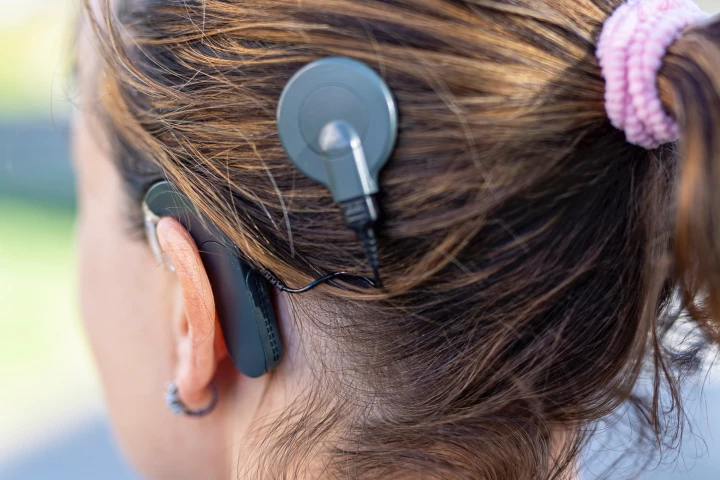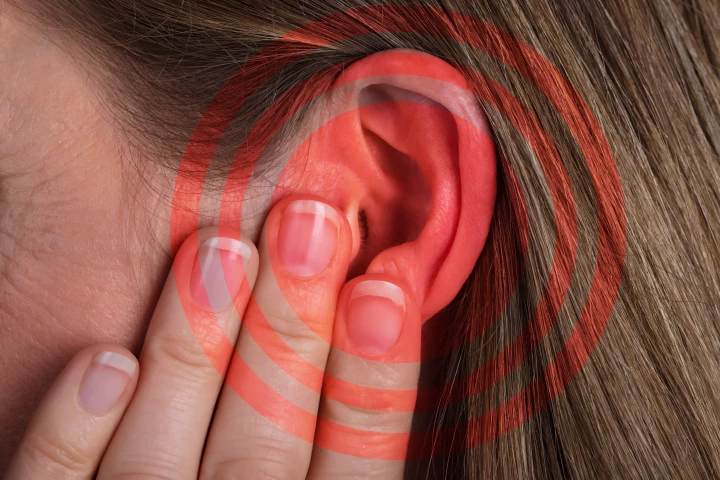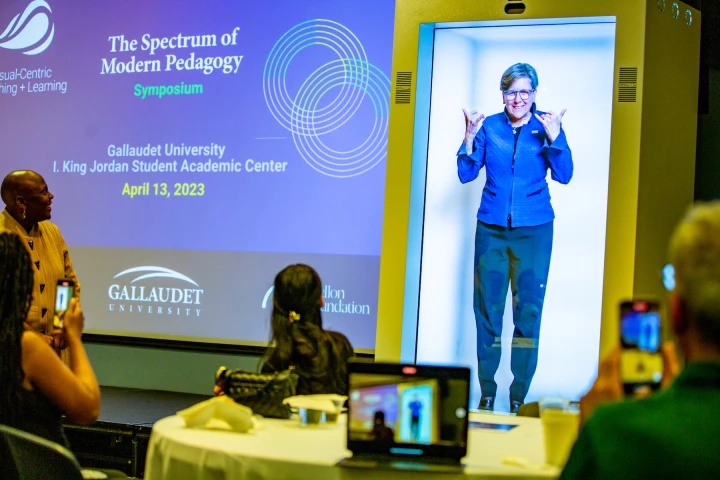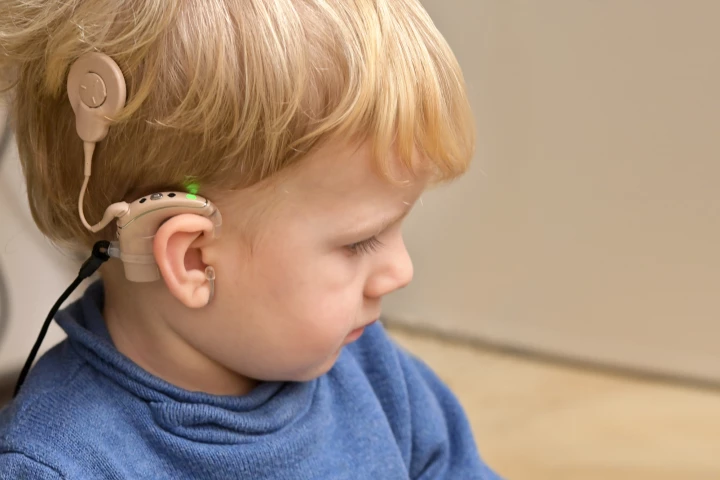Deaf
-
Individuals with limited hearing struggle in situations where multiple people around them are speaking at once. New headphone tech could help, by boosting the voice of the person they're talking to based on the rhythm of the conversation.
-
Genetic studies have revealed that when male mosquitoes lose their hearing, they also lose their sex lives. The surprising discovery could lead to new ways to reduce mosquito populations and the diseases they spread.
-
Noisy environments pose a challenge to deaf people, particularly when they're trying to discern what a specific person within such a setting is saying. AirCaps glasses are designed to help, by providing real-time captioning to the wearer.
-
While cochlear implants do allow some deaf people to hear, they also incorporate potentially problematic external components located on the side of the head. That could soon change, however, thanks to an experimental new implantable microphone.
-
Combining magnetic properties relied on in traditional Chinese medicine with contemporary knowledge about the gut microbiome, researchers have developed a novel oral treatment to prevent and repair hearing loss caused by noise exposure.
-
A breakthrough clinical trial using gene therapy has restored hearing to five children born deaf. After six months, the children were able to recognize speech and hold conversations, raising hopes for wider use in the near future.
-
A genetic mutation that triggers a 'molecular domino effect' causing hearing loss mirrors the same kind of noise- and age-related damage. Inhibiting a single molecular response has the potential to protect all ears from a common form of hearing loss.
-
For deaf and hearing impaired people, voice recognition technology can be a barrier to effective communication. Now, researchers have used AI to develop a tool that converts sign language to text, potentially increasing inclusivity and accessibility.
-
When deaf athletes with cochlear implants take part in sports, they have to wear headgear that protects the external parts of their implant. A new wearable serves that same purpose, while allowing users to hear the sounds around them much better.
-
At a teaching symposium earlier this month, the world's only liberal arts university for deaf students explored the potential for remote learning by testing out a life-size holoportation device called the Epic from Proto Inc.
-
Checking the hearing of newborns can be challenging, in that the infants can't tell you which sounds they do or don't hear. A new system offers an inexpensive solution to that problem, by utilizing a smartphone, earbuds and a simple microphone.
-
Researchers at the Salk Institute have made a breakthrough that could lead to new treatments for genetic hearing loss. Gene therapy that delivers a particular protein can ensure faulty hair cells grow correctly, allowing for improved hearing.
Load More











